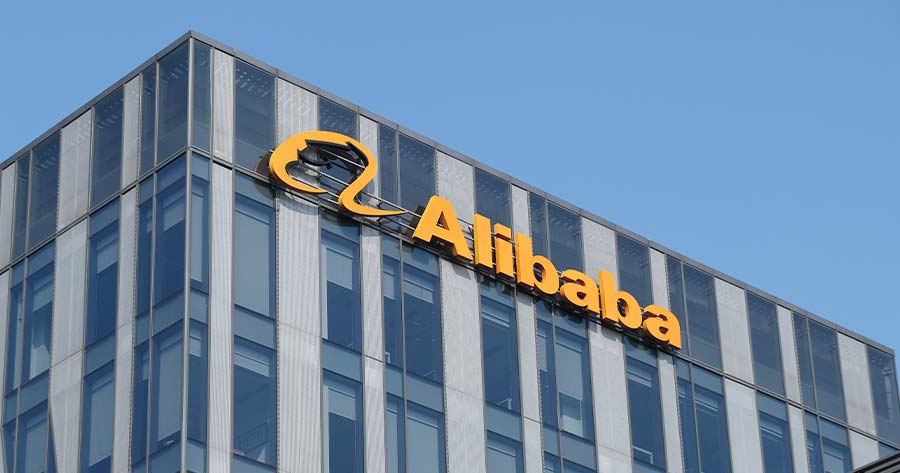Alibaba Group Holding Ltd. saw its shares surge to their highest level in nearly four years following an announcement to escalate its artificial intelligence spending beyond the previously committed $50 billion, joining other technology giants in the robust global race for AI dominance.
Speaking at a developer conference in Hangzhou on Wednesday, CEO Eddie Wu projected that global investment in artificial intelligence could reach USD 4 trillion over the next five years, underscoring the need for Alibaba to maintain pace. Wu indicated that Alibaba’s capital allocation towards AI infrastructure and model development will surpass the CNY 380 billion (USD 53 billion) outlined in February.
Wu’s remarks came as he introduced plans to roll out the Qwen AI models and full-stack technological solutions, signaling Alibaba’s ambition to strengthen not just its AI offerings but also the foundational infrastructure, including advanced chips. The news sent Alibaba shares up as much as 7.2% in Hong Kong, while Chinese chipmakers ACM Research (Shanghai) Inc. and NAURA Technology Group Co. rallied 15% and 10%, respectively.
Major Chinese tech firms such as Huawei Technologies and Tencent Holdings are also ramping up AI investments, aligning with a global wave of escalating capital expenditures from U.S. counterparts like OpenAI and Meta Platforms. These investments are seen as critical in shaping economic transformation and potentially shifting the geopolitical landscape.
According to Bloomberg Intelligence, Alibaba, Tencent, Baidu, and JD.com are expected to collectively invest over USD 32 billion in AI infrastructure and services in 2025, up sharply from just under USD 13 billion in 2023.
This strategic shift toward AI is already delivering for Alibaba. In its most recent quarter, the Hangzhou-based company reported triple-digit growth in AI-related products. Sales in its cloud division climbed 26%, outpacing expectations and making it the fastest-growing unit within the group. Alibaba’s share price has more than doubled so far this year.
However, Alibaba and its peers still face constraints regarding access to Nvidia’s AI processors, essential for developing advanced models. U.S. export controls largely bar Chinese firms from procuring top-tier Nvidia chips, and Beijing is encouraging local firms to avoid U.S. hardware such as the RTX Pro 6000D.
These restrictions have heightened efforts among China’s tech leaders to foster a domestic semiconductor ecosystem. Alibaba has been involved in chip development for years, acquiring Hangzhou C-Sky Microsystems Co. in 2018 and setting up its T-Head semiconductor unit to drive innovation in the field.
Wu also highlighted ongoing hardware projects, including chips and advancements in computing and networking, intended to fortify Alibaba’s data center infrastructure. Recently, Chinese state media reported that China Unicom, the country’s second-largest wireless carrier, would employ Alibaba’s T-Head AI accelerators.
Meanwhile, Huawei has unveiled a three-year plan to compete with Nvidia in AI hardware, detailing next-generation chips paired with its “SuperPod” data center platforms. While Huawei demonstrated its capability with a 7-nanometer chip in last year’s Mate 60 Pro smartphone, further scaling and technological advancements remain in question.





